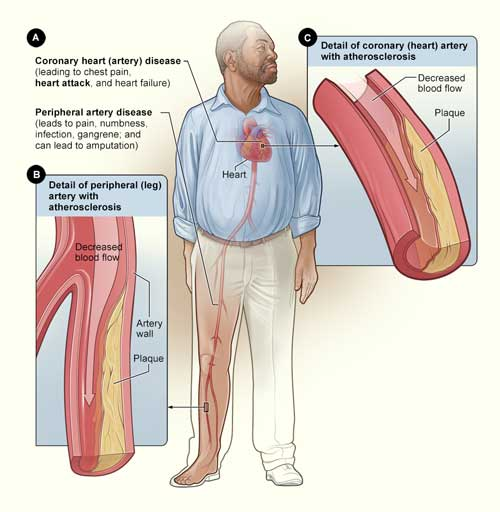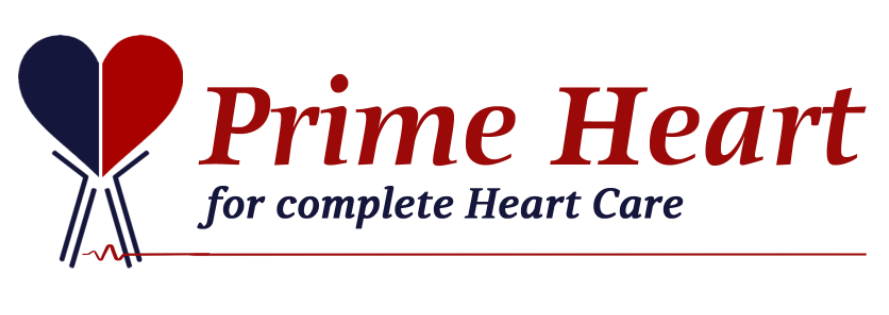
Smoking is a significant public health concern and a leading cause of preventable death worldwide. It is associated with a wide range of serious health conditions and affects nearly every organ in the body. Here are some key points about smoking:
Health Risks
Smoking is a major risk factor for several chronic diseases and health conditions, including:- Cancer: Smoking is the leading cause of various cancers, including lung cancer, throat cancer, mouth cancer, esophageal cancer, pancreatic cancer, and bladder cancer.
- Heart Disease: Smoking damages blood vessels and can lead to atherosclerosis, increasing the risk of heart attack, stroke, and peripheral artery disease.
- Respiratory Diseases: Smoking is a primary cause of chronic obstructive pulmonary disease (COPD), including chronic bronchitis and emphysema, as well as respiratory infections such as pneumonia.
- Pregnancy Complications: Smoking during pregnancy increases the risk of complications such as preterm birth, low birth weight, and birth defects.
- Other Health Effects: Smoking is also linked to increased risk of diabetes, rheumatoid arthritis, osteoporosis, cataracts, and gum disease.
Secondhand Smoke
Secondhand smoke, also known as passive smoking or environmental tobacco smoke, is the smoke exhaled by a smoker or released from the burning end of a cigarette, cigar, or pipe. Secondhand smoke contains many of the same harmful chemicals as firsthand smoke and can cause serious health problems in nonsmokers, including lung cancer, heart disease, and respiratory infections.Cessation
Quitting smoking is one of the most important steps individuals can take to improve their health and reduce their risk of smoking-related diseases. Benefits of quitting smoking include:- Reduced Risk of Disease: Quitting smoking lowers the risk of developing smoking-related diseases, even for long-term smokers.
- Improved Health: Quitting smoking can lead to improvements in lung function, cardiovascular health, and overall quality of life.
- Financial Savings: Quitting smoking can result in significant cost savings due to reduced spending on cigarettes and healthcare expenses related to smoking-related diseases.
Strategies for Quitting
There are various strategies and resources available to help individuals quit smoking, including:- Behavioral Support: Counseling, support groups, and quitlines can provide guidance and encouragement for quitting smoking.
- Nicotine Replacement Therapy (NRT): Products such as nicotine gum, patches, lozenges, inhalers, and nasal sprays can help reduce nicotine withdrawal symptoms.
- Prescription Medications: Certain medications, such as bupropion and varenicline, can help reduce cravings and withdrawal symptoms associated with quitting smoking.
- Combination Therapies: Using a combination of behavioral support and medication can increase the likelihood of quitting successfully.
Support and Resources
Many resources are available to support individuals in their efforts to quit smoking, including:- National Quitlines: Telephone quitlines provide free, confidential counseling and support for individuals looking to quit smoking.
- Online Resources: Websites, apps, and social media platforms offer information, tools, and support for quitting smoking.
- Community Programs: Local health departments, hospitals, and community organizations may offer smoking cessation programs and support groups.
